Blog home / Trending 2025 Student Destinations
Sustainable Student Programs: 10 Steps Every Teacher Can Use
Experiential school programs can transform student learning. They can open minds to new cultures, reconnect young people with nature, build resilience, and inspire leadership. For teachers, an international school program is also a chance to model responsible travel and how to protect the environments and communities you visit so future cohorts can enjoy them too.
There are many environmental challenges in the world today. It can feel overwhelming, yet small choices interwoven with experiential learning can add up to a powerful positive impact. Below are ten practical steps for teachers planning international school travel programs. Each one helps you minimise your footprint, strengthen curriculum outcomes, and give students real world skills in global citizenship.
1. Choose Carbon Free Transport
Self propelled modes of travel are good for students and good for the environment. Walking, cycling, and kayaking help students slow down, notice place based details, and reflect on their learning with minimal impact. These activities also align with health and physical education outcomes and support team building.
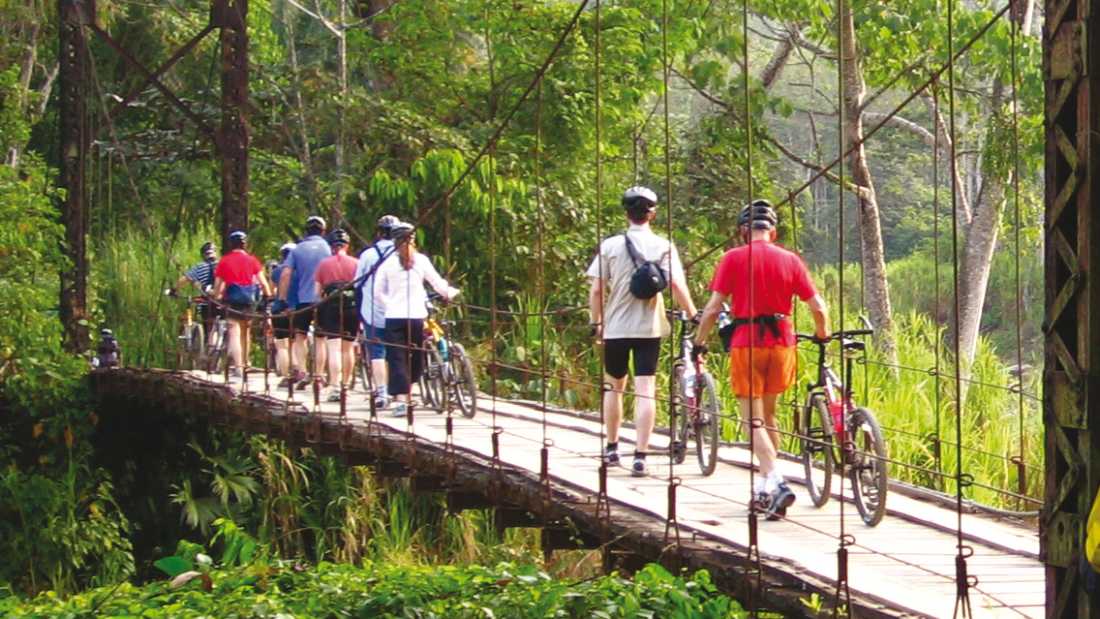
Explore Active Programs
2. Avoid Single Use Plastic Bottles
Single use plastic bottles create waste in destinations without robust recycling. Travel with reusable bottles, fill at potable water stations, or use purification systems. Turn this into a student led sustainability challenge to collect data, calculate avoided waste, and present findings back at school.
Design Your Program
3. Leave No Trace
Teach students the seven principles of Leave No Trace and embed them into your Tour briefing and daily reflections.
- Plan ahead and prepare
- Travel and camp on durable surfaces
- Dispose of waste properly
- Leave what you find
- Minimise campfire impacts
- Respect wildlife
- Be considerate of your hosts and other visitors
When in doubt, take only photos and leave only footprints.
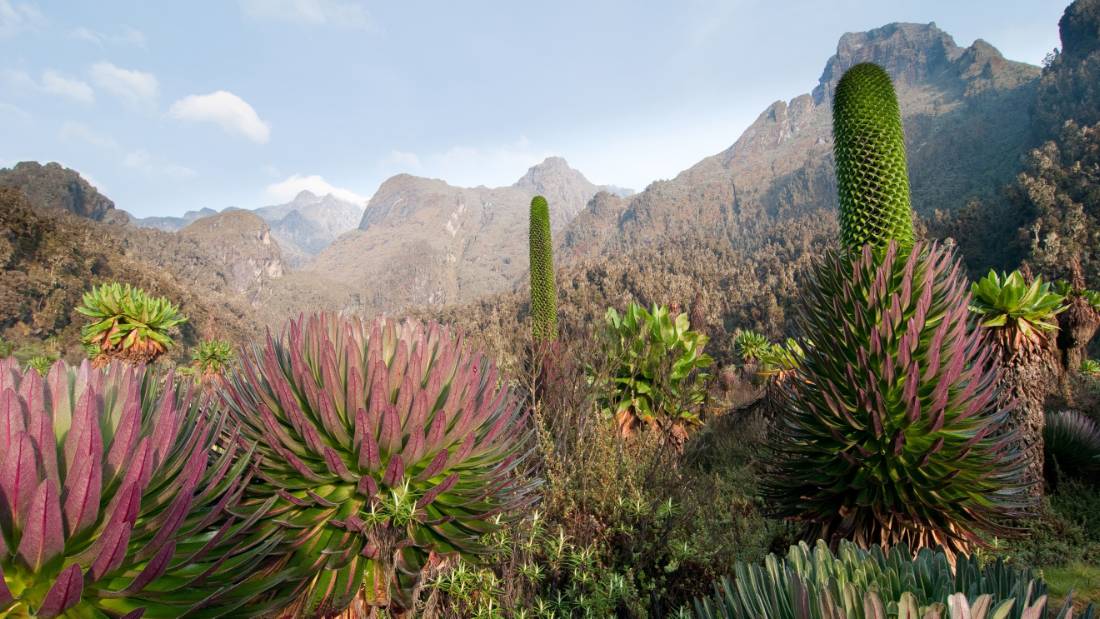
Our Responsible Travel Approach
4. Be an Ambassador for Peace
Set expectations for cultural respect before departure. Encourage students to learn key greetings, understand local customs, and reflect on how their actions represent their school community. Add a daily gratitude circle to notice acts of kindness from hosts and classmates.
Explore Cultural Immersion Programs
5. Keep Wilderness Trails Litter Free
Make your impact positive with a simple trail clean activity. Give students gloves and a waste tally sheet, then debrief on what they found and how behaviour change at home can reduce litter. This turns a short walk into service learning and data collection.
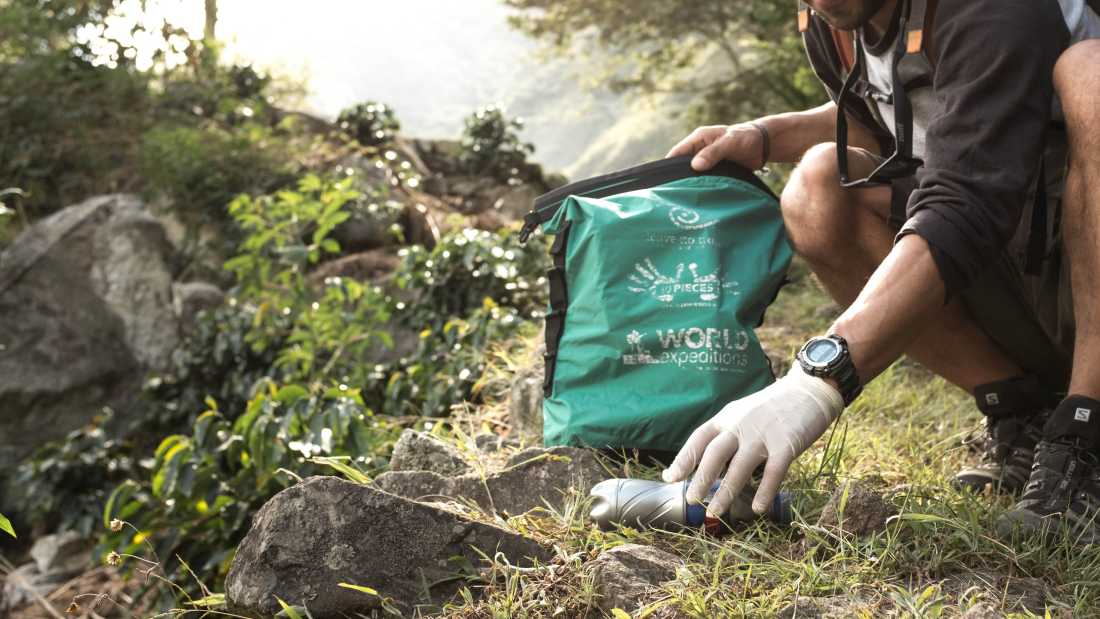
Explore Service Learning
6. Choose Sustainable Accommodation
Select stays that protect local environments and support communities. In Nepal our private eco comfort camps reduce pressure on forests and give students a low impact base for learning, reflection, and leadership activities.
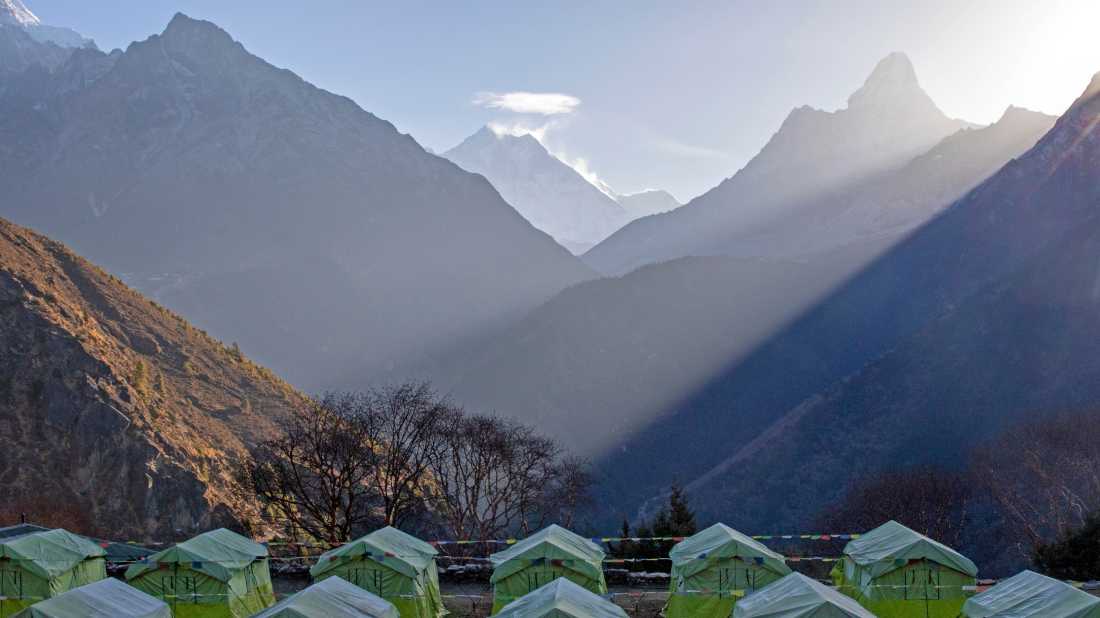
Learn more about Nepal Programs
7. Consider the Welfare of Animals
Wildlife encounters must follow the Five Freedoms. Freedom from hunger or thirst. Freedom from discomfort. Freedom from pain, injury or disease. Freedom to express normal behaviours. Freedom from fear and distress. Choose activities that observe animals responsibly and support conservation.
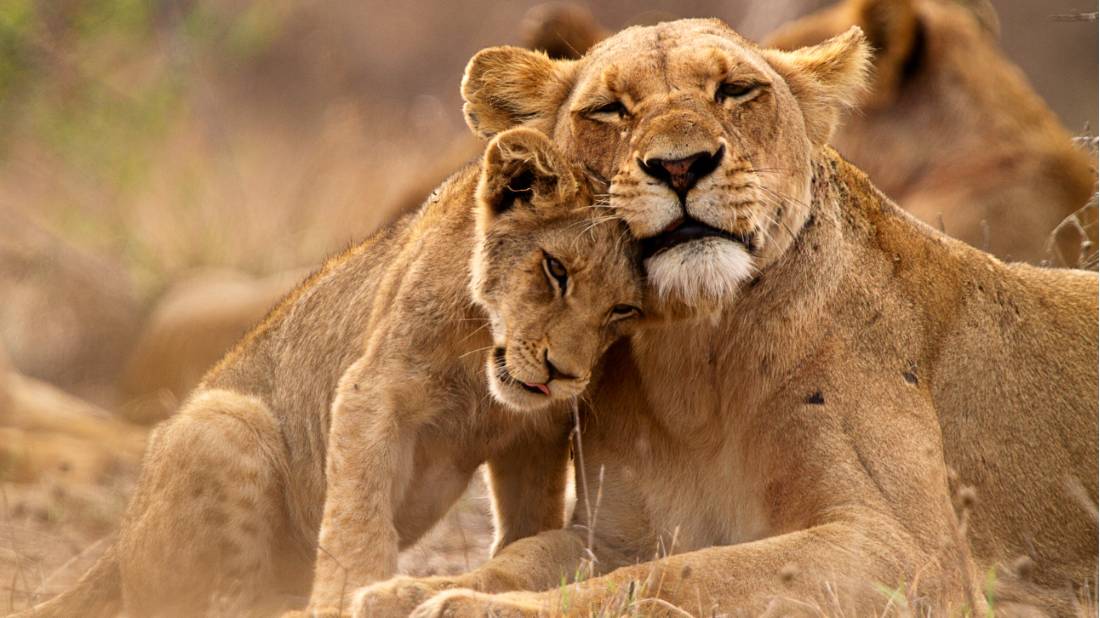
Wildlife and Conservation Programs | Animal Welfare Policy
8. Do Your Research
Brief students on local environmental issues and connect them to curriculum outcomes. Set inquiry questions, gather field notes, and create post trip presentations that link science, geography, and civics. An informed group makes better on the ground choices.
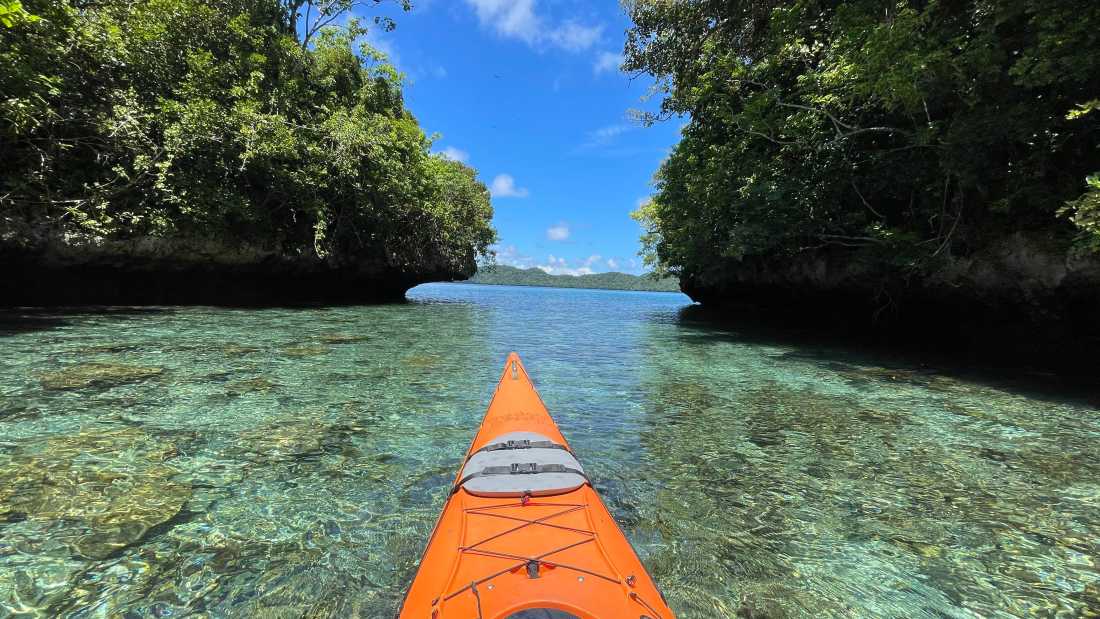
Science and Environment Programs
9. Prioritise Efficient Flights
Where possible choose the most direct routing to reduce emissions. Build a lesson around trip planning to compare flight paths, calculate travel times, and discuss the trade offs between cost and impact. Consider pairing long haul destinations with longer itineraries to maximise learning value.
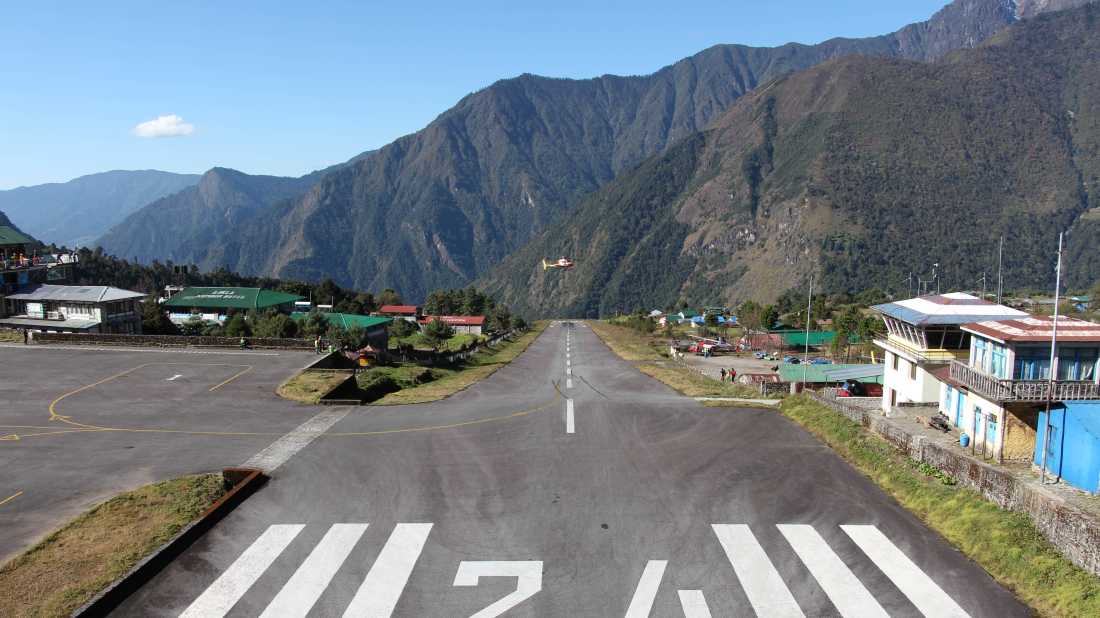
Ask an Expert
10. Choose Your Tour Carefully
Look for clear responsible travel commitments, transparent safety systems, and proven educational outcomes. Ask how programs respect local culture, reduce environmental impact, and support long term community goals. Choose partners who collaborate with teachers to meet curriculum needs and duty of care requirements.
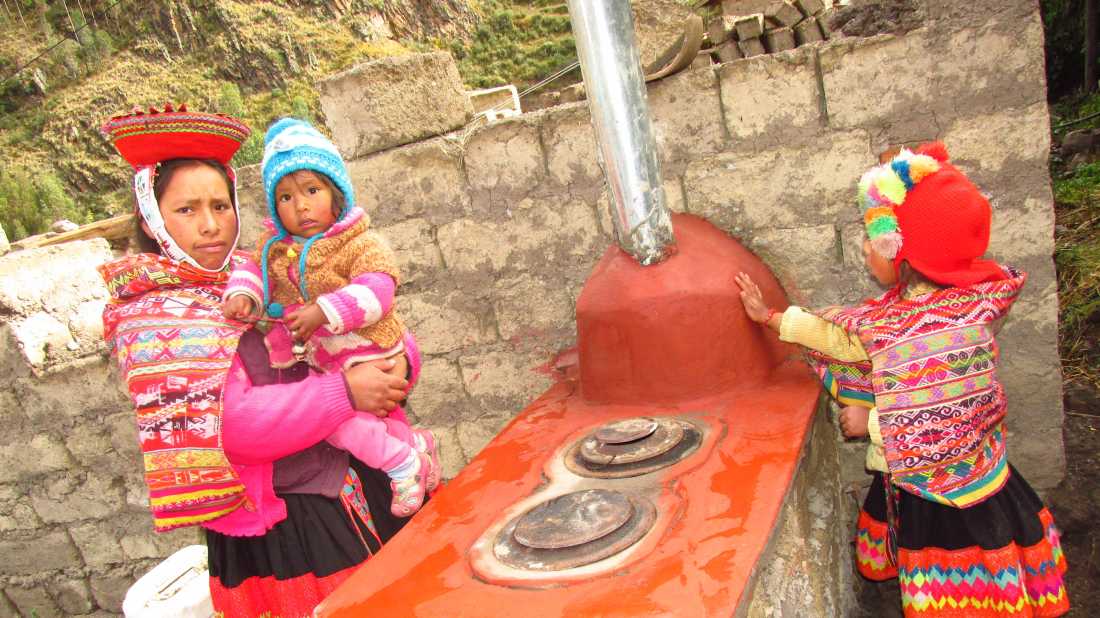
Responsible Travel with World Expeditions Schools
World Expeditions Schools is committed to sustainable student travel. Our approach was built over decades of field experience and continuous improvement. We design Tours that minimise impact, build intercultural understanding, and deliver strong learning outcomes in partnership with teachers and school executive teams. From pre departure briefings to on program risk management and post trip reflection, your students learn how to travel thoughtfully and give back to the places they visit.
Read about our Responsible Travel approach | See Service Learning in action | Design Your Program
Destinations to Pair with Responsible Travel Learning
Connect these ideas to real itineraries that align with your curriculum and student goals.
- Costa Rica for biodiversity studies, rainforest conservation, and active learning through hiking and rafting.
- Peru for cultural immersion, Andean ecosystems, and service learning with local communities.
- Nepal for mountain environments, leadership development, and eco comfort camp stays.
- Uganda for high altitude ecosystems and conservation themes.
- Marine and Coastal programs for ocean literacy and reef studies.
If you would like tailored advice for your school, our team can help align a destination and program type with your curriculum and budget.
Ask an Expert